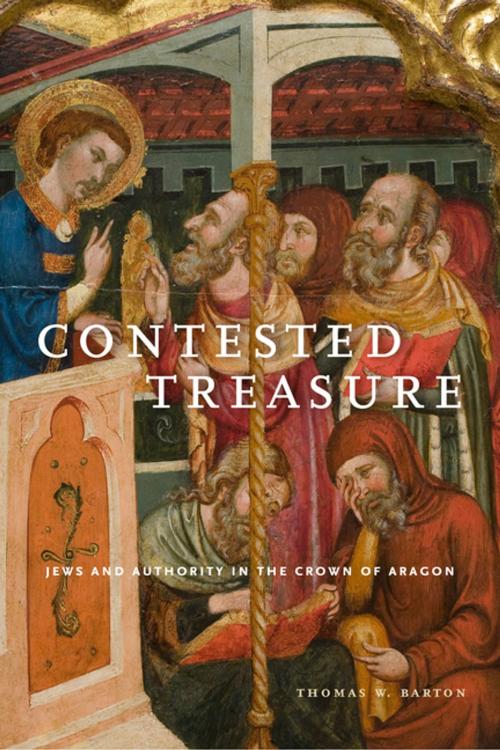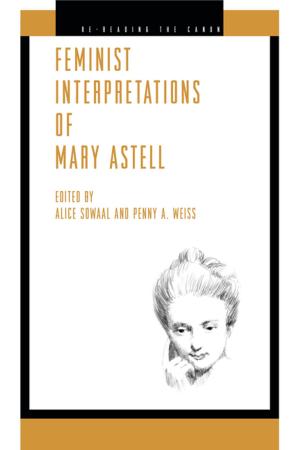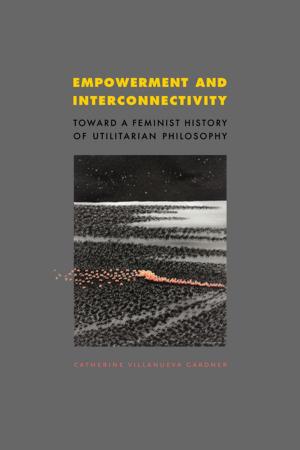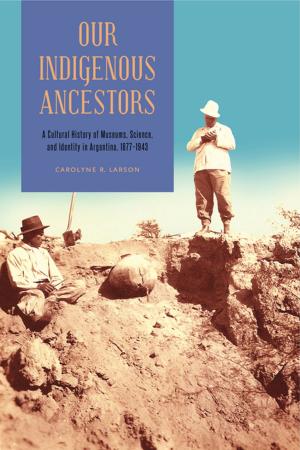Contested Treasure
Jews and Authority in the Crown of Aragon
Nonfiction, History, Western Europe, Spain & Portugal, Medieval| Author: | Thomas W. Barton | ISBN: | 9780271066264 |
| Publisher: | Penn State University Press | Publication: | January 9, 2015 |
| Imprint: | Penn State University Press | Language: | English |
| Author: | Thomas W. Barton |
| ISBN: | 9780271066264 |
| Publisher: | Penn State University Press |
| Publication: | January 9, 2015 |
| Imprint: | Penn State University Press |
| Language: | English |
In Contested Treasure, Thomas Barton examines how the Jews in the Crown of Aragon in the twelfth through fourteenth centuries negotiated the overlapping jurisdictions and power relations of local lords and the crown. The thirteenth century was a formative period for the growth of royal bureaucracy and the development of the crown’s legal claims regarding the Jews. While many Jews were under direct royal authority, significant numbers of Jews also lived under nonroyal and seigniorial jurisdiction. Barton argues that royal authority over the Jews (as well as Muslims) was far more modest and contingent on local factors than is usually recognized. Diverse case studies reveal that the monarchy’s Jewish policy emerged slowly, faced considerable resistance, and witnessed limited application within numerous localities under nonroyal control, thus allowing for more highly differentiated local modes of Jewish administration and coexistence. Contested Treasure refines and complicates our portrait of interfaith relations and the limits of royal authority in medieval Spain, and it presents a new approach to the study of ethnoreligious relations and administrative history in medieval European society.
In Contested Treasure, Thomas Barton examines how the Jews in the Crown of Aragon in the twelfth through fourteenth centuries negotiated the overlapping jurisdictions and power relations of local lords and the crown. The thirteenth century was a formative period for the growth of royal bureaucracy and the development of the crown’s legal claims regarding the Jews. While many Jews were under direct royal authority, significant numbers of Jews also lived under nonroyal and seigniorial jurisdiction. Barton argues that royal authority over the Jews (as well as Muslims) was far more modest and contingent on local factors than is usually recognized. Diverse case studies reveal that the monarchy’s Jewish policy emerged slowly, faced considerable resistance, and witnessed limited application within numerous localities under nonroyal control, thus allowing for more highly differentiated local modes of Jewish administration and coexistence. Contested Treasure refines and complicates our portrait of interfaith relations and the limits of royal authority in medieval Spain, and it presents a new approach to the study of ethnoreligious relations and administrative history in medieval European society.















